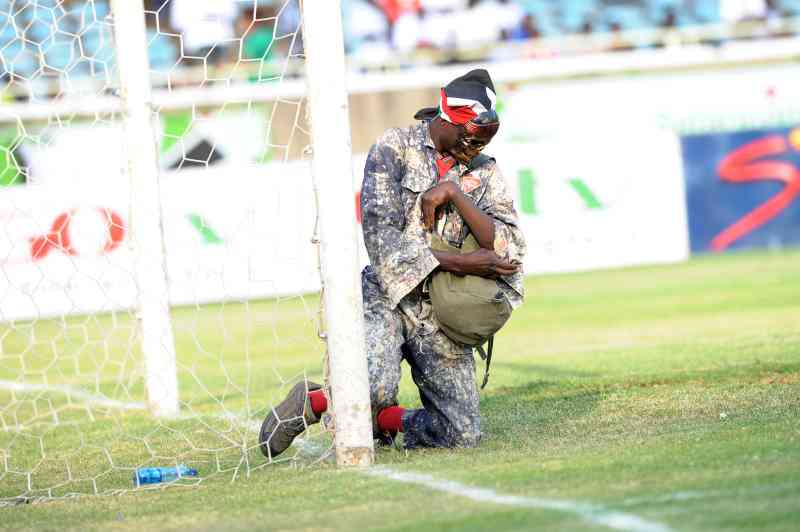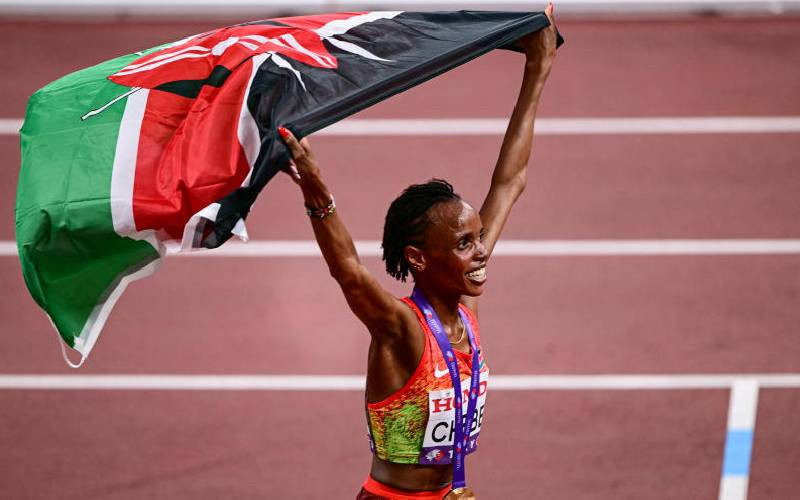A Jujuman performs his witchcraft during the Harambee stars vs Mozambique friendly match at Kasarani Stadium in 2016. Kenya won 1-0. [Boniface Okendo, Standard]
×
The Standard e-Paper
Informed Minds Prefer The Standard

A Jujuman performs his witchcraft during the Harambee stars vs Mozambique friendly match at Kasarani Stadium in 2016. Kenya won 1-0. [Boniface Okendo, Standard]
Back in high school, you always wondered why the school gate was always left open from 5:00 am, suppose that weekend you were hosting school football games.
